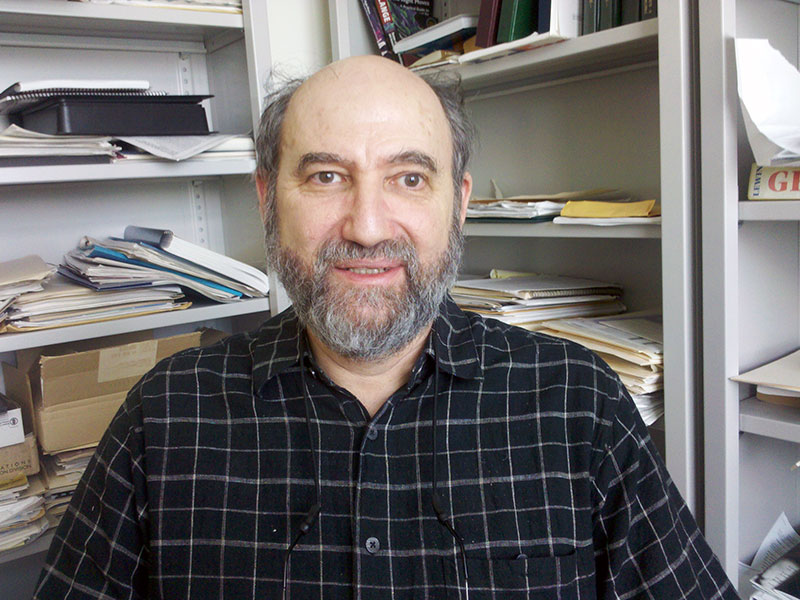Steven N. Fiering, PhD

Title(s)
Professor of Microbiology and Immunology
Department(s)
Microbiology and Immunology
Education
Stanford, Ph.D., 1990
University of Michigan, BS, 1975
Dr. Fiering received his Bachelor of Science from the University of Michigan in 1975, and his Doctorate from Stanford in 1990. After postdoctoral work as an NIH research fellow and research associate at the Fred Hutchinson Cancer Research Center, Dr. Fiering joined the faculty of the Department of Microbiology at Dartmouth Medical School in 1997.
Programs
Immunology Program
Molecular and Cellular Biology Graduate Programs
Dartmouth Cancer Center
Program in Experimental and Molecular Medicine
Websites
http:
http:
http:
http:
http:
Academic Analytics
View Profile
Contact Information
Dartmouth Medical School
Rubin Bldg. HB 7936
1 Medical Center Drive
Lebanon NH 03756
Phone: 603-653-9966
Fax: 603-653-9952
Email: Steven.N.Fiering@Dartmouth.EDU
Professional Interests
In situ vaccination to generate therapeutic anti-tumor immunity
The immune system recognizes cancers and many are eliminated before they are clinically recognized. Cancer can be considered to be a failure of the immune system and it is now becoming clear that this immune failure is often due to active immunosuppression generated by the tumor. One approach to cancer therapy is finding ways to stimulate the immune system to seek out and destroy tumor cells much like it seeks out and destroys infectious organisms. Our lab is currently focused on developing novel approaches to boosting anti-tumor immunity by injection of immune stimulatory reagents directly into recognized tumors, an approach termed “in situ vaccination”. The goal is to overcome the local immunosuppression, get an effective local antitumor immune response and generate a systemic antitumor immune response to fight metastatic disease. All vaccines include an antigen to be recognized by the immune system and an adjuvant to stimulate the response against the antigen. For in situ vaccination the tumor carries all relevant antigens and injection of adjuvant into the tumor supports recognition of both tumor-associated and neoantigens expressed by the tumor. There are many options to how in situ vaccination can be performed and we explore the options in mice as well as working with dogs with spontaneous tumors and studying the local and systemic immune response involved. The goal is to develop clinically useful in situ vaccination approaches.
Courses Taught
Immunology journal club for grad students
Selected Publications |
|
Lizotte PH, Wen AM, Sheen MR, Fields J, Rojanasopondist P, Steinmetz NF, Fiering S. In situ vaccination with cowpea mosaic virus nanoparticles suppresses metastatic cancer. Nat Nanotechnol. 2016; 11:295-303. DOI: 10.1038/NNANO.2015.292 (view details in PubMed) Hoopes P, Wagner R, Duval K, Kang K, Gladstone D, Moodie K, Crary-Burney M, Arias-Pulido H, Veliz F, Steinmetz N, Fiering S. Treatment of canine oral melanoma with nanotechnology-based immunotherapy and radiation. Mol Pharmaceutics 2018; Apr12 doi: 10.1021/acs.molpharmaceut.8b00126. (view details in PubMed) Sheen MR, Fiering S In situ vaccination: Harvesting low-hanging fruit on the cancer immunotherapy tree. Wiley Interdiscip Rev Nanomed Nanobiotechnol. 2018 Apr 18:e1524. doi: 10.1002/wnan.1524. Review. (view details in PubMed) |
|